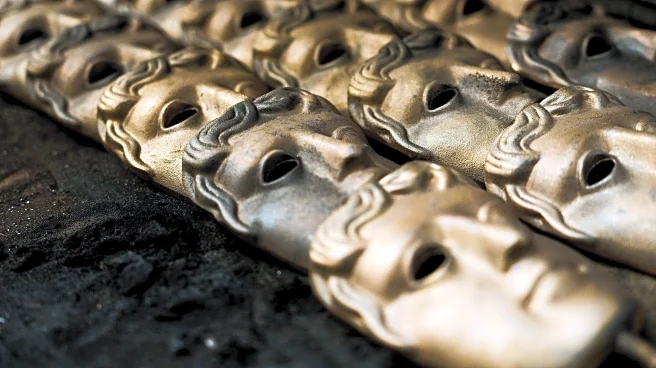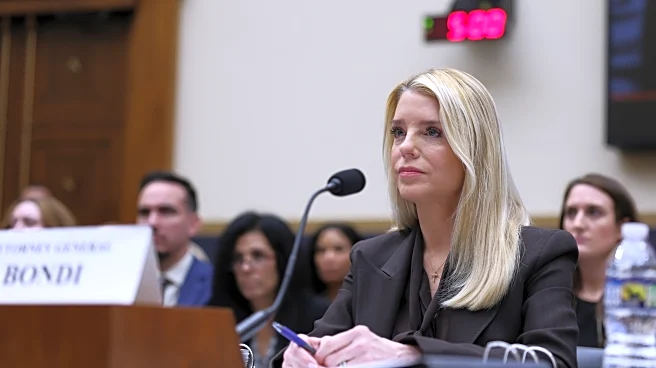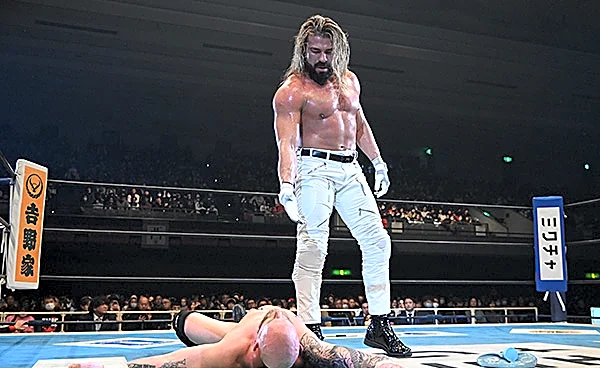Rapid Read • 8 min read
In a recent discussion, contemporary authors Téa Obreht and Kevin Young explored the literary influences of past writers Daphne du Maurier and Lucille Clifton. Obreht, known for her works 'The Tiger’s Wife' and 'The Morningside,' reflected on du Maurier's skill in creating uncanny narratives and her prolific output, which includes 20 novels and numerous short stories. She highlighted du Maurier's ability to maintain a consistent mood and her mastery of dialogue. Kevin Young, poetry editor for the New Yorker, discussed Clifton's ability to convey epic themes through short poems, emphasizing her interest in community and broader self-reflection. Young noted Clifton's humor and her ability to reimagine biblical tales through an African American spiritual lens, showcasing her unique voice and thematic depth.
AD
The insights shared by Obreht and Young underscore the enduring impact of du Maurier and Clifton on contemporary literature. Du Maurier's exploration of the uncanny and Clifton's focus on community and identity continue to influence modern writers, expanding the boundaries of genre and thematic exploration. These discussions highlight the importance of recognizing diverse literary voices and the value of revisiting past works to inform current creative practices. The reflections on these authors also contribute to a broader understanding of literary history and the evolution of narrative techniques, offering valuable lessons for writers and readers alike.
The ongoing dialogue about literary influences may inspire further exploration of underappreciated authors and genres, encouraging a reevaluation of the literary canon. As writers and educators continue to engage with these discussions, there may be increased efforts to incorporate diverse voices and genres into academic curricula and literary discourse. This could lead to a more inclusive understanding of literature and its role in shaping cultural narratives.
The conversation about du Maurier and Clifton also touches on broader cultural and ethical dimensions, such as the role of ambiguity in storytelling and the importance of leaving room for interpretation. These elements challenge readers to engage more deeply with texts and consider multiple perspectives, fostering critical thinking and empathy. Additionally, the focus on community and identity in Clifton's work highlights the significance of literature in reflecting and shaping societal values.
AD
More Stories You Might Enjoy












